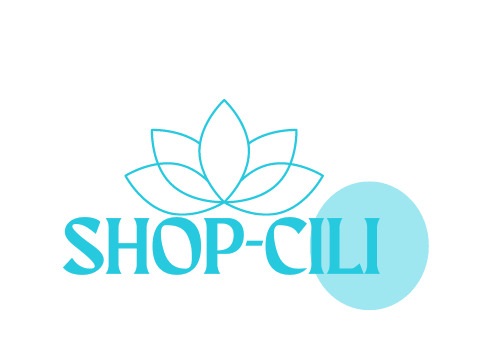Imagine dedicating your life to caring for a loved one, day in and day out.
Every day starts with waking up early to prepare breakfast, administer medications and ensure your loved one feels comfortable.
On the surface, you may appear to be composed and resilient, but beneath that calm exterior lies a world of hidden struggles.
The constant vigilance required to prevent accidents, the emotional toll of watching a loved one’s health decline, and the isolation from friends and social activities might weigh heavily.
You may often feel overwhelmed, yet you hesitate to share your burden, fearing you might be seen as complaining.
The stress manifests in sleepless nights, anxiety and a sense of helplessness. Despite these challenges, you continue to provide unwavering support, driven by love and duty, but the hidden struggle of caregiving stress remains a silent companion in your daily life.
The emotional and physical demands of caregiving are immense, yet the psychological impact often goes unnoticed. From a mindfulness perspective, caregiving can be a profound practice of presence and compassion. However, the relentless stress and emotional strain can lead to significant mental health challenges.
Despite the growing popularity of mindfulness practices, the unique stressors faced by caregivers are frequently overlooked (Stjernswärd & Hansson, 2020). This neglect leaves caregivers vulnerable to burnout, anxiety and depression, highlighting the urgent need for more tailored support systems.
Caregivers often find themselves isolated, battling loneliness as they navigate their demanding roles (DeMauro et al., 2019). While mindfulness practices like meditation and deep breathing offer some relief, they aren’t always sufficient. The guilt and self-blame that caregivers feel when they’re exhausted or frustrated can be overwhelming (Tan et al., 2022).
The struggle of isolation and the constant pressure to be strong for others can exacerbate feelings of inadequacy and despair.
Traditional mindfulness interventions may not fully address these deep-seated emotions, underscoring the limitations of current approaches. The struggle of isolation and the constant pressure to be strong for others can exacerbate feelings of inadequacy and despair, making it clear that more comprehensive solutions are needed (Ogino 2024).
In this challenging journey, joining a community of fellow caregivers and practicing mindfulness together can be a lifeline, offering both practical support and emotional relief.
Mindfulness: A powerful tool
Mindfulness, which is being fully present in the moment, is a powerful tool for managing stress.
Collective mindfulness is an environment and a process where individuals hold each other jointly responsible for continuously evaluating their surroundings. This practice is particularly beneficial for caregivers, as it offers emotional support, reduces isolation and provides access to resources and expert advice (Kor et al., 2024).
6 benefits of collective mindfulness
Emotional support
Engaging in collective mindfulness practices helps caregivers feel emotionally supported by their peers.
Reduced isolation
Sharing experiences and advice reduces feelings of isolation.
Experience sharing
Caregivers can learn from each other’s experiences, enhancing their caregiving strategies.
Better management
Access to collective wisdom leads to better management of caregiving challenges.
Access to resources
Participants gain access to valuable resources and expert advice.
Well-being and resilience
Regular participation fosters well-being and resilience.
Mindfulness practice communities are groups dedicated to the collective cultivation of mindfulness. These communities engage in practices aimed at enhancing present-moment awareness and non-judgmental observation of thoughts and emotions (Alvear, 2022).
One notable tradition is the Plum Village Tradition, which emphasizes collective mindfulness practices (Dorbaire, 2023). For example, the University of Toronto offers True Peace Toronto, a community that practices Vipassana Meditation Retreats (Cohen et al., 2017).
In-person vs. online support communities
In-person communities offer direct human connections, a structured environment and immediate feedback and guidance. They’re particularly valuable for caregivers who benefit from face-to-face interactions (Kor et al., 2024).
Online communities provide flexibility and accessibility, making them essential for caregivers with limited time or mobility. Online communities offer diverse perspectives, anonymity and comfort (Daynes-Kearney & Gallagher, 2023; Ogino et al., 2024).
Both in-person and online communities are instrumental to developing a robust personal mindfulness practice. Group practice provides the foundation and support needed to cultivate mindfulness, while personal practice is where real transformation occurs (Zeligman & Babb, 2023; Allen et al., 2021).
Communities are safe spaces
Joining a caregiver community for mindfulness practice provides emotional support and stress management. Through shared experiences and a safe space for vulnerability, caregivers find solace, strength, and resilience. These communities offer practical advice, resources and a sense of belonging, making the caregiving journey easier and more fulfilling.
Have you ever cared for a loved one with a chronic illness? What strategies did you use to manage your stress? Feel free to share them in the Comments section below.
images: Depositphotos

